I'm looking for a way to list all loaded files with the requests module. Like there is in chrome's Inspector Network tab, you can see all kinds of files that have been loaded by the webpage.
The problem is the file(in this case .pdf file) I want to fetch does not have a specific tab, and the webpage loads it by javascript and AJAX I guess, because even after the page loaded completely, I couldn't find a tag that has a link to the .pdf file or something like that, so every time I should goto Networks tab and reload the page and find the file in the loaded resources list. Is there any way to catch all the loaded files and list them using the Requests module?
